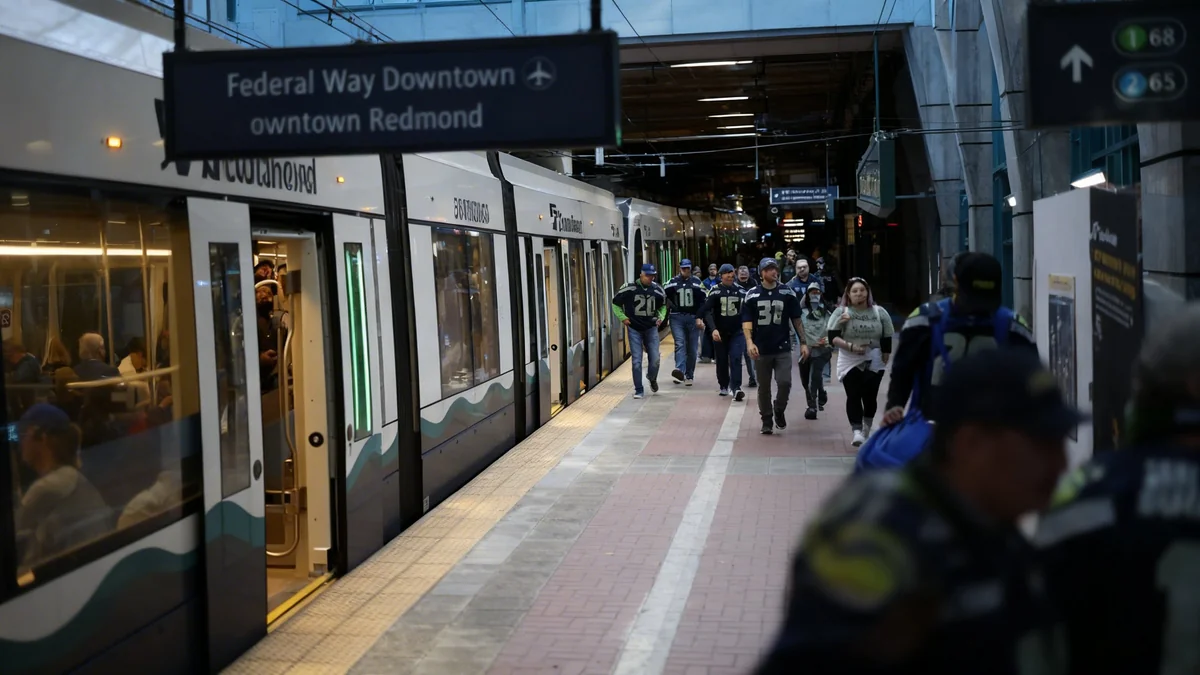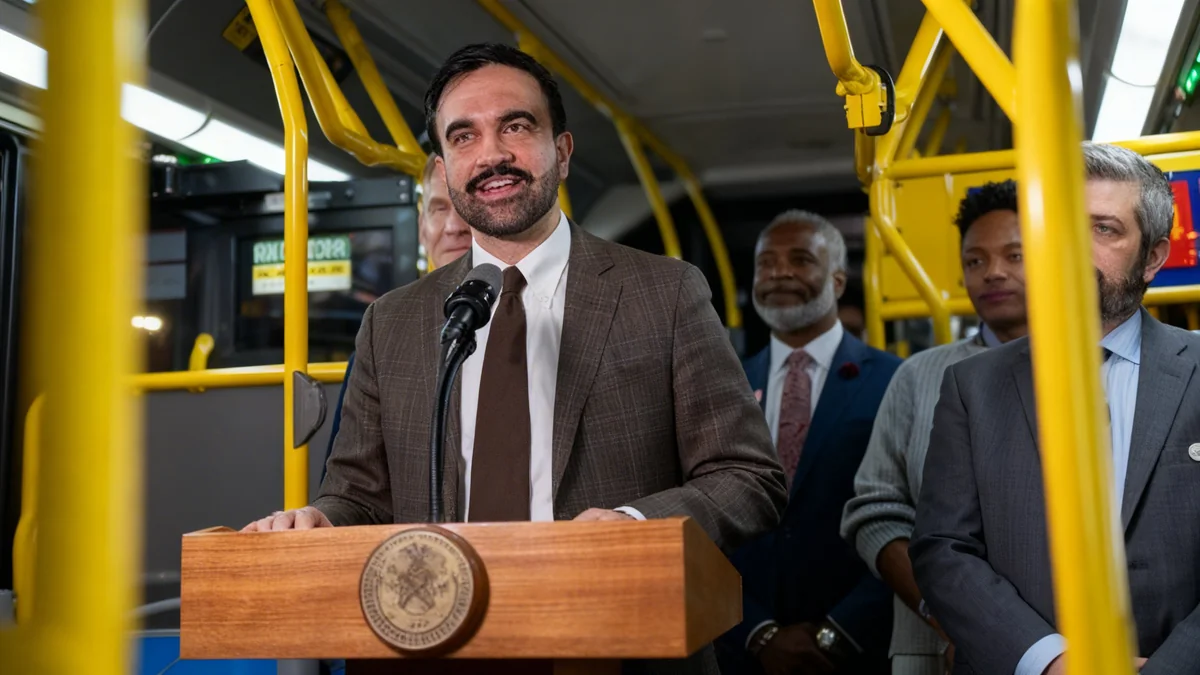The Sacramento Regional Transit (RT) board of directors has approved a significant reallocation of funds, directing an additional $1 million towards enhancing security on its light rail and bus services. This decision comes amidst growing concerns over passenger and staff safety, with transit workers reporting increased instances of assault and harassment.
The funding, drawn from existing resources, aims to bolster the presence of transit ambassadors and security personnel, as well as strengthen surveillance capabilities across the network. The move reflects a proactive effort to address safety challenges and improve the overall experience for commuters.
Key Takeaways
- Sacramento RT board approved $1 million for increased security.
- Funds will hire 10 new transit ambassadors and two security operations center staff.
- Sacramento County Sheriff’s Office will take over police security contracts from January.
- Transit ambassadors report frequent assaults and unsafe working conditions.
- Union calls for better pay and more support for front-line staff.
Enhanced Presence for Front-Line Staff
A core component of the new security plan involves expanding the transit ambassador program. The approved funding will allow for the hiring of 10 additional transit ambassadors, bringing the total number of these front-line workers to 50. These ambassadors play a crucial role in the daily operation of RT services. They are responsible for collecting fares, assisting passengers with questions, and maintaining a peaceful environment on trains and buses.
Transit ambassadors often serve as the first point of contact for riders and are integral to customer service. Their visible presence is intended to deter disruptive behavior and offer immediate assistance to those in need. The increased staffing aims to ensure a more consistent presence across the network, particularly during peak hours.
Fact: Transit Ambassadors
Transit ambassadors perform customer service, assist operators, count passengers, track bikes, and report disruptive individuals. Their starting hourly wage is $23.19.
Strengthening Surveillance and Law Enforcement Support
Beyond on-the-ground personnel, the security improvements extend to the operational backbone of RT. The $1 million allocation includes funds for adding two new staffers to the security operations center. This center is vital, monitoring feeds from over 2,000 cameras installed throughout the transit system. These additional staff members will enhance the ability to track incidents in real-time and quickly retrieve footage for investigations.
Regarding direct law enforcement presence, a significant change is on the horizon. The Sacramento Police Department will not renew its contract with RT in January. Instead, the Sacramento County Sheriff’s Office will assume responsibility for providing security officers. Currently, this includes 12 full-time employees and one police dog dedicated to transit security. Sacramento police will continue to respond to calls within city limits as needed.
"If we take a lot of that money and put it towards police officers, then we’re doing a disservice to the people who are on the ground floor."
Challenges Faced by Transit Ambassadors
The decision to boost security comes after impassioned pleas from transit workers, who have shared alarming accounts of their daily experiences. Crystal McGee Lee, President of the Amalgamated Transit Union Local 256, emphasized the need to prioritize funding for transit ambassadors. She highlighted the dangers these workers face regularly.
Tamica Atterberry Scrivans, a transit ambassador and union member, described a work environment where staff are frequently subjected to verbal and physical abuse. "We are often alone 20, 30, 40 minutes with the uncooperatives that we are told to kick off the trains," Scrivans told the board. She detailed incidents of being spit on, having objects thrown at her, and even facing individuals with knives, machetes, and guns.
Background: Worker Safety Concerns
Previous data showed transit ambassadors earned an average of $38,027 in regular pay last year, with no one earning more than $51,300. The union argues this pay is insufficient given the risks involved.
High Turnover and Safety Concerns
Brandon Gibson, a lead transit ambassador with nine years of experience, echoed these concerns. He reported being assaulted during his tenure and pointed to a high turnover rate among ambassadors. Gibson attributed this turnover to low pay and the stressful, often dangerous, situations workers encounter. He believes that hiring more transit ambassadors is the most effective solution to improving safety and service reliability.
The union has also pushed for a "modest" pay raise for transit ambassadors, arguing that current wages do not adequately reflect the risks and responsibilities of the job. While an undetermined amount of the new funding is slated for this purpose, the exact increase remains unclear.
- Assaults and spitting incidents
- Objects and food thrown at staff
- Encounters with individuals carrying weapons
- Verbal abuse and threats
Looking Ahead: Impact on Commuters and Staff
The Sacramento RT’s security enhancement plan represents a critical investment in the safety and well-being of both its passengers and employees. By increasing the number of transit ambassadors and improving surveillance capabilities, the agency aims to create a more secure environment across its network.
The shift in law enforcement contracts, with the Sacramento County Sheriff’s Office stepping in, signals a new chapter in how security is managed on regional transit. Commuters can expect to see a more visible security presence, which may contribute to a greater sense of safety while traveling.
For the transit workers, particularly the ambassadors, this funding offers a glimmer of hope for improved working conditions and potentially better compensation. The union continues to advocate for its members, ensuring their voices are heard as these changes are implemented. The success of these initiatives will depend on effective deployment and ongoing evaluation to meet the evolving security needs of the Sacramento community.





